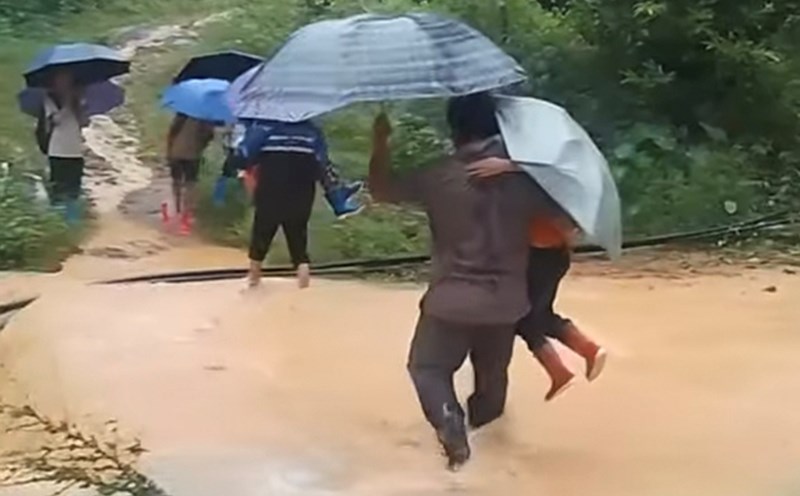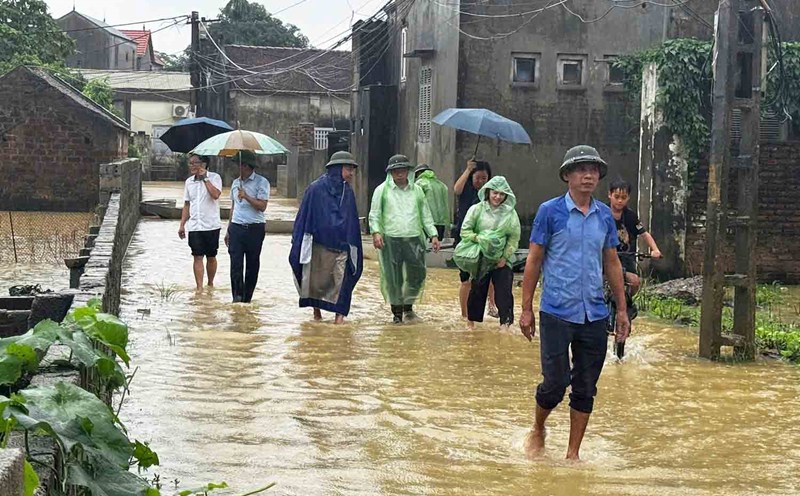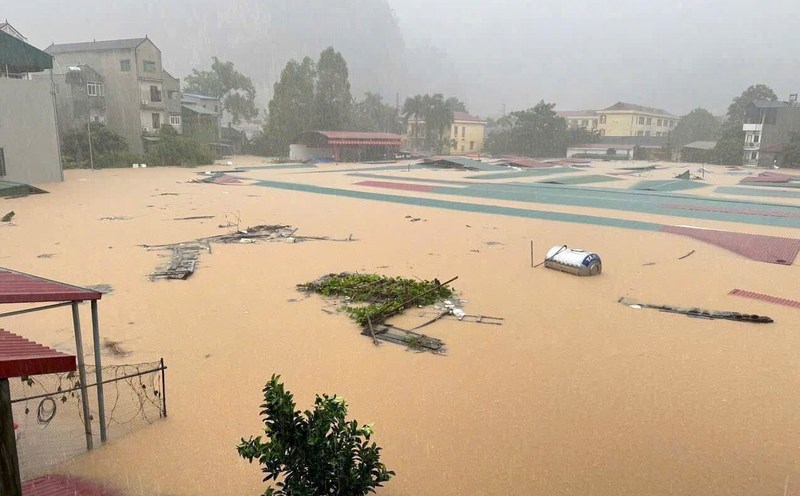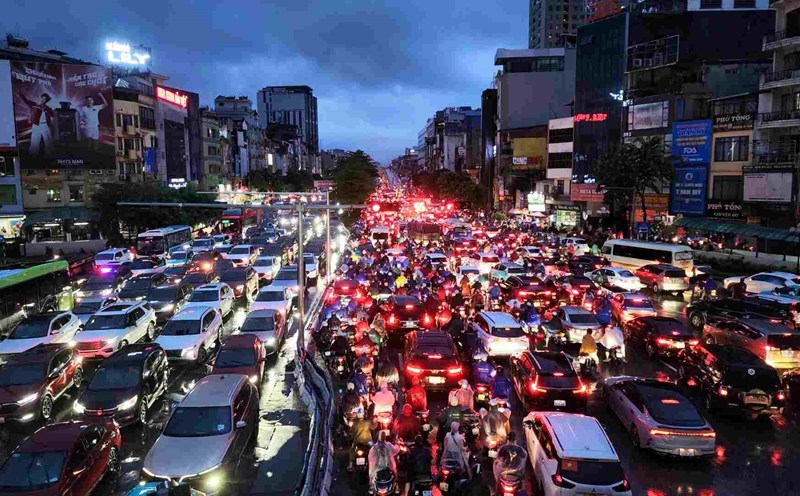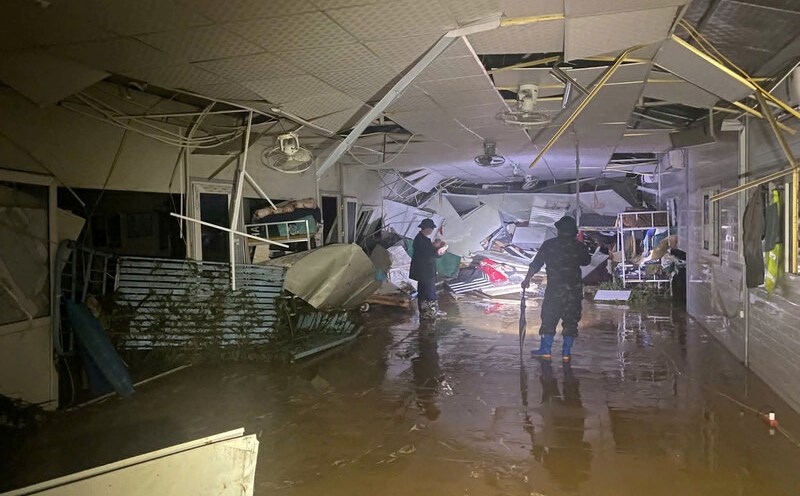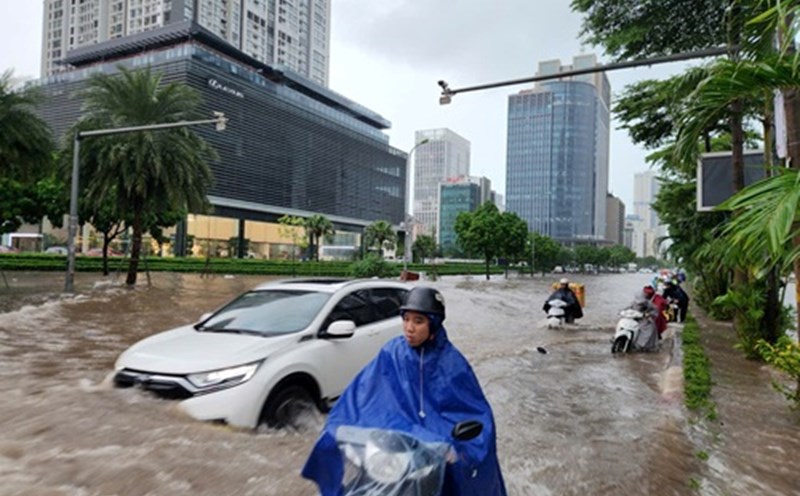In the draft decision of the Hanoi People's Committee to issue specific prices for domestic solid waste collection, transportation and treatment services in the area for the period 2025-2026, the city plans to increase waste collection fees as follows: wards will increase to VND 21,000/person/month in 2025 and to VND 43,000/person/month in 2026; communes will increase to VND 10,000/person/month in 2025 and to VND 23,000/person/month in 2026.
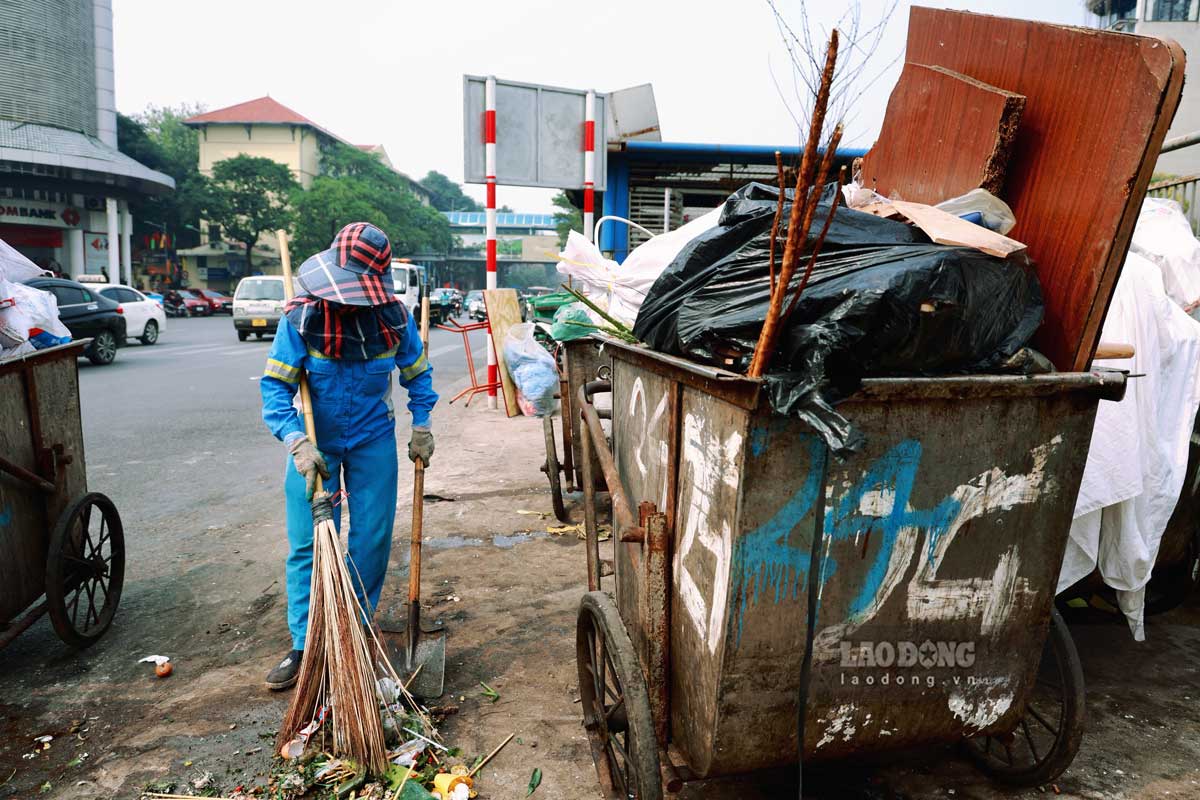
Ms. Tran Thi Mui (Cau Giay Ward, Hanoi) said that she agrees with the policy of increasing garbage collection fees from 2025. According to her, the current fee is quite low compared to the effort and costs that the environmental force has to spend.
"In reality, we see that garbage collectors work very hard, and many rainy and windy days still have to go to clean up. Increasing fees is reasonable, both helping the city reduce the budget burden and improving the lives of workers. However, the fee increase must improve the quality of service, said Ms. Mui.
Dr. Bui Thi An - former National Assembly Delegate of the 13th tenure, Director of the Institute of Natural Resources, Environment and Community Development - commented that Hanoi's plan to increase domestic waste collection fees from 2025 is necessary.
Ms. An analyzed that for a long time, the city has had to compensate for huge losses in garbage collection activities. According to statistics from the Hanoi Department of Finance, the total amount of environmental sanitation service fees collected in Hanoi in 2024 will reach nearly 568 billion VND; while the total budget spent on the collection, transportation, and treatment of domestic solid waste in the city is nearly 2,300 billion VND (4 times). Thus, the city budget has spent a lot of money on this work.
"Insufficient collection puts pressure on the budget, and the fee is too low, making many people not aware of their responsibility to reduce waste" - Ms. An said.
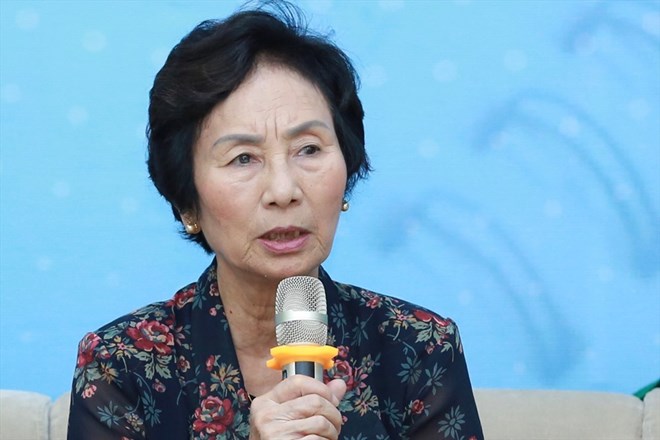
According to her, increasing garbage collection fees will help reduce the burden on the budget, improve income for the environmental workers who work hard, and at the same time enhance the responsibility of the people according to the principle of "having to pay more".
However, there needs to be a reasonable roadmap. She suggested extending the increase, for example, after 6 months or 1 year, a higher rate should be applied.
She also emphasized that there should not be "leveling" when collecting fees, but there should be a support mechanism for poor households, policy families, and people with meritorious services in difficulty. Along with that, the collection and expenditure must be transparent, the collection team must enhance responsibility, serve wholeheartedly to avoid garbage congestion in alleys. In addition, the city needs to invest in additional collection infrastructure, gathering areas, and at the same time communicate well so that people clearly understand their rights and obligations and participate in supervision.
"In the long term, the best way is to collect fees based on the actual amount of waste, the ones who release a lot have to pay a lot. But to do it, there must be strong communication and the participation of socio-political organizations, as well as a sense of responsibility from both management agencies and people" - Ms. Bui Thi An emphasized.



